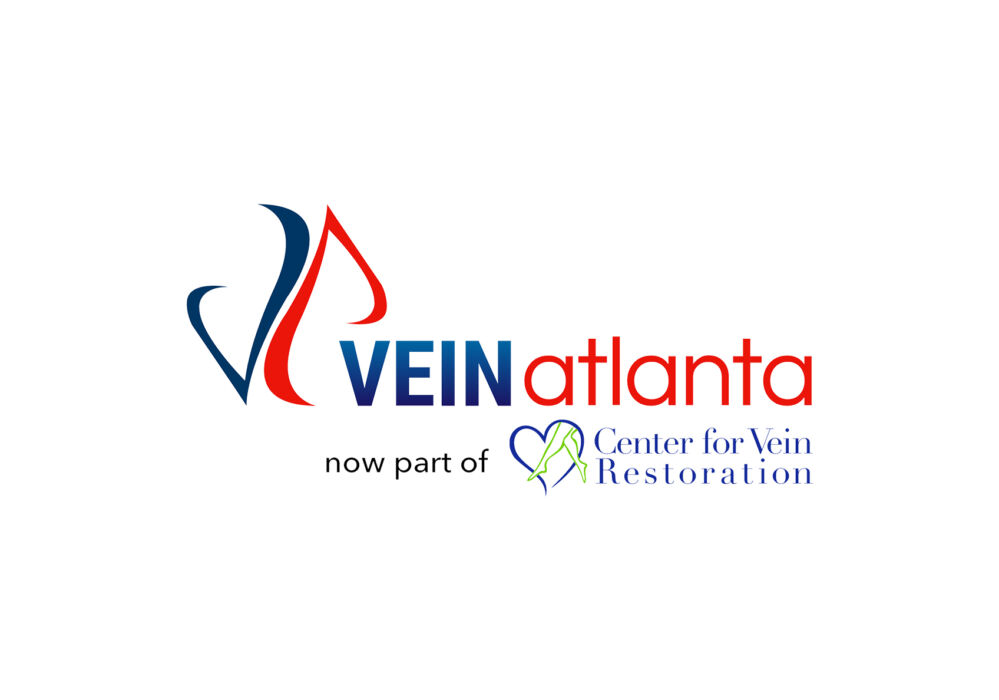
Top Atlanta Vein Practice joining Center for Vein Restoration
Dr. Louis Prevosti’s and Dr. James Fonger’s Partnership will be CVR’s First in Georgia

Seniors are more likely to develop varicose veins for many reasons. As we age, the tiny valves in our leg veins tasked with pushing blood back to the heart gradually weaken, allowing blood to build up within the vein. This pooling leads to painful swollen, tangled veins on the legs and feet. As seniors tend to be less physically active than their younger counterparts, they may risk gaining weight, which puts further pressure on already weakened veins.
Although varicose veins can strike at any age, the condition affects older adults to a greater degree. According to one study, 22 million women and 11 million men between the ages of 40 and 80 in the U.S. have varicose veins. Similarly, a study done in India of 170 varicose patients reported 31.2 percent were between the ages of 41 to 50. In contrast, 17.6 percent were aged 51 to 60.
But there’s no need to accept varicose veins as an inevitable part of aging. Varicose vein treatment is readily available at any age and can significantly improve an older person’s quality of life.
Getting treated for varicose veins is important regardless of a person’s age, but it’s essential for seniors who have experienced the pain, heaviness, and cramping of varicose veins over a more extended period of time. In addition to those debilitating symptoms, the chance of severe complications grows when treatment is delayed. Some of those complications include:
When the veins enlarge, fluid seeps into the surrounding tissue, causing excessive swelling. This swelling, known as lymphedema, can be uncomfortable and may interfere with a senior’s ability to perform everyday tasks.
With the swollen vein so close to the skin’s surface, a mere bump or scratch can result in significant bleeding. In some cases, medical attention may be required to stop the bleeding.
Because blood becomes trapped in the leg veins and cannot return to the heart, circulation through the veins slows. Slower circulation increases the risk of phlebitis, an inflammation of the vein that could lead to the development of thrombophlebitis, a blood clot in the superficial or deep leg vein. Thrombophlebitis is generally not considered serious and can usually be treated with at-home remedies such as warm compresses, leg elevation, and activities like walking.
However, a more serious blood clot, known as a deep vein thrombosis, can also occur with impaired circulation. If left untreated, DVT may break free and travel to the lungs, where it could cause a pulmonary embolism. If an older adult notices a bump, redness, or tenderness in the leg, a doctor should evaluate it.
It’s common for slow-healing sores to form around varicose veins. Even more damaging, swollen veins block nourishing nutrients and oxygen from reaching the skin, making these venous ulcers extremely difficult to heal. Infections are also more likely to develop as the ulcers progress and are not treated.
Maintaining vein health for seniors involves taking some simple steps and doesn’t necessarily require surgery. To prevent or reduce the symptoms of varicose veins, seniors can undertake some at-home remedies, including:
Vigorous exercise isn’t necessary to maintain vein health. Low-impact workouts such as a brisk walk around a park or neighborhood engage the calf muscles, which help circulate blood in the veins.
These snug elastic garments gently squeeze the legs’ veins, so blood flows smoother, countering the effects of swelling. While compression stockings are available over the counter, it is best to consult a vein specialist to determine the best fit and compression for your specific needs.
A diet packed with circulation-boosting foods like vegetables, fruits, lean meats, and fish keeps veins healthy. Combined with regular exercise, a healthy diet takes the stress off your veins by keeping your weight at an ideal level. And while you're eating your meals, remember to drink plenty of water. Proper hydration is essential for good circulation.
Many seniors may think they are too old to be candidates for varicose vein treatment. But with today’s minimally invasive surgical options, treatment can be done at any age. Often, seniors are on fixed incomes and worry that procedures like vein treatment won’t be covered by insurance. Thankfully this is often not the case. When vein treatment is determined to be medically necessary by a medical professional, it is almost always covered by health insurance. Consult a vein specialist about how to treat your condition and improve your quality of life.
Center for Vein Restoration operates three clinics in the Atlanta area. Each offers a complete spectrum of services, from minimally invasive surgeries to non-surgical methods. The lead physicians of the Atlanta offices include James Fonger, MD, FRCS, a board certified general and cardiovascular surgeon; Dr. Louis Prevosti, MD, FACS, a board-certified cardiovascular and thoracic surgeon; and Dr. Keith Moore, MD, a board-certified general surgeon who specializes in vein procedures. All of our physicians are highly trained in vascular health and adhere to the highest standards of care for our patients. Contact us today for a consultation.
Gwinnett Professional Center
601 Professional Drive
Suite 170
Lawrenceville, GA 30046
Northside Center Pointe
1100 Johnson Ferry Road NE
Suite 165
Atlanta, GA 30342
Camp Creek Medical Center
3886 Princeton Lakes Way
Suite 140
Atlanta, GA 30331